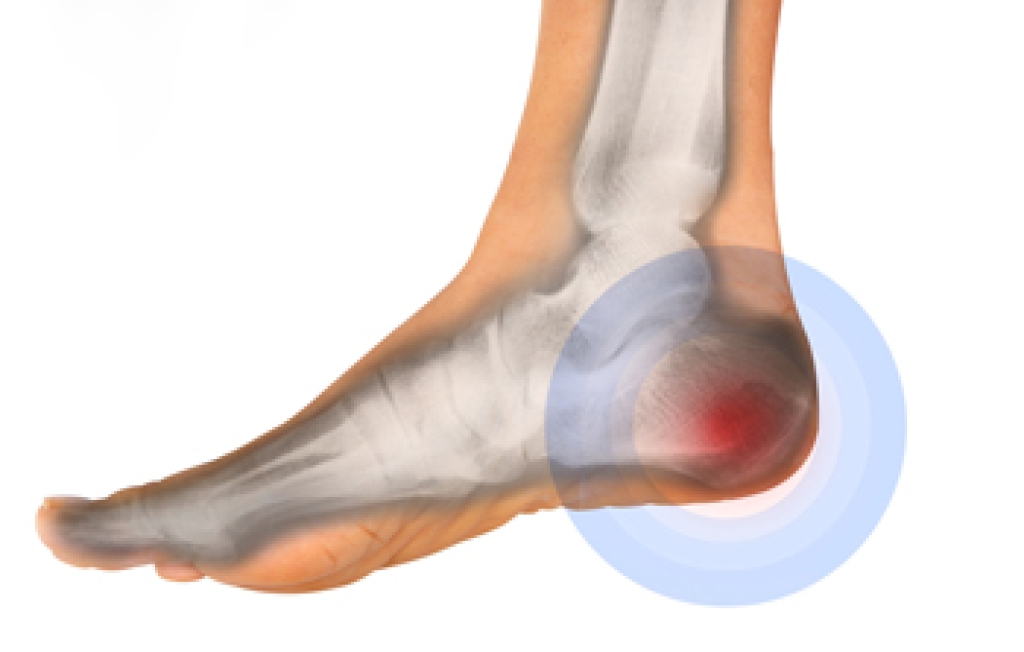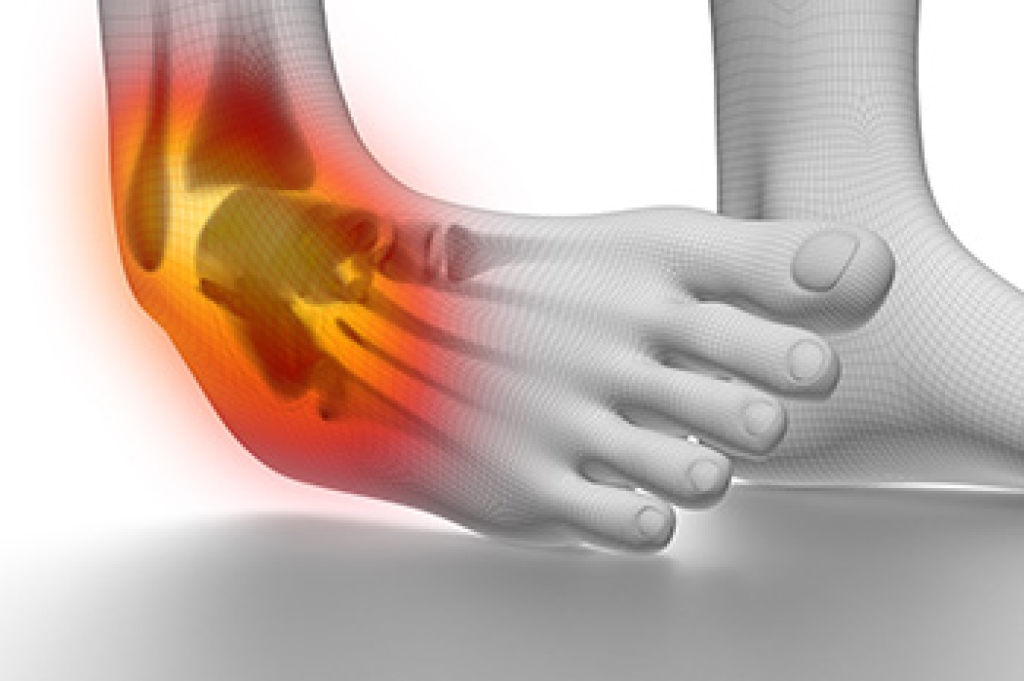
Heel pad syndrome is a source of deep, bruise-like pain felt directly in the center of the heel. The heel contains a thick layer of fatty tissue designed to absorb impact and protect the bone when standing and walking. When this cushioning becomes thinner, irritated, or worn down, pressure transfers into the bone and causes persistent discomfort, especially on hard surfaces or during prolonged activity. Unlike plantar fasciitis, the pain usually stays under the middle of the heel rather than along the arch. Risk factors include aging tissue changes, repetitive impact activities, abnormal foot mechanics, excess weight, and poorly cushioned footwear. A podiatrist can distinguish this condition through examination and imaging when needed. Treatment includes medical padding, custom orthotics, taping techniques, and gait modification. These measures are designed to restore shock absorption and prevent further tissue damage. If you have persistent pain in the center of the heel, it is suggested that you make an appointment with a podiatrist for an exam, diagnosis, and treatment.
Many people suffer from bouts of heel pain. For more information, contact Adriana Strimbu, DPM of Complete Foot & Ankle Care. Our doctor can provide the care you need to keep you pain-free and on your feet.
Causes of Heel Pain
Heel pain is often associated with plantar fasciitis. The plantar fascia is a band of tissues that extends along the bottom of the foot. A rip or tear in this ligament can cause inflammation of the tissue.
Achilles tendonitis is another cause of heel pain. Inflammation of the Achilles tendon will cause pain from fractures and muscle tearing. Lack of flexibility is also another symptom.
Heel spurs are another cause of pain. When the tissues of the plantar fascia undergo a great deal of stress, it can lead to ligament separation from the heel bone, causing heel spurs.
Why Might Heel Pain Occur?
- Wearing ill-fitting shoes
- Wearing non-supportive shoes
- Weight change
- Excessive running
Treatments
Heel pain should be treated as soon as possible for immediate results. Keeping your feet in a stress-free environment will help. If you suffer from Achilles tendonitis or plantar fasciitis, applying ice will reduce the swelling. Stretching before an exercise like running will help the muscles. Using all these tips will help make heel pain a condition of the past.
If you have any questions, please feel free to contact our office located in Hallandale Beach, FL . We offer the newest diagnostic and treatment technologies for all your foot care needs.




